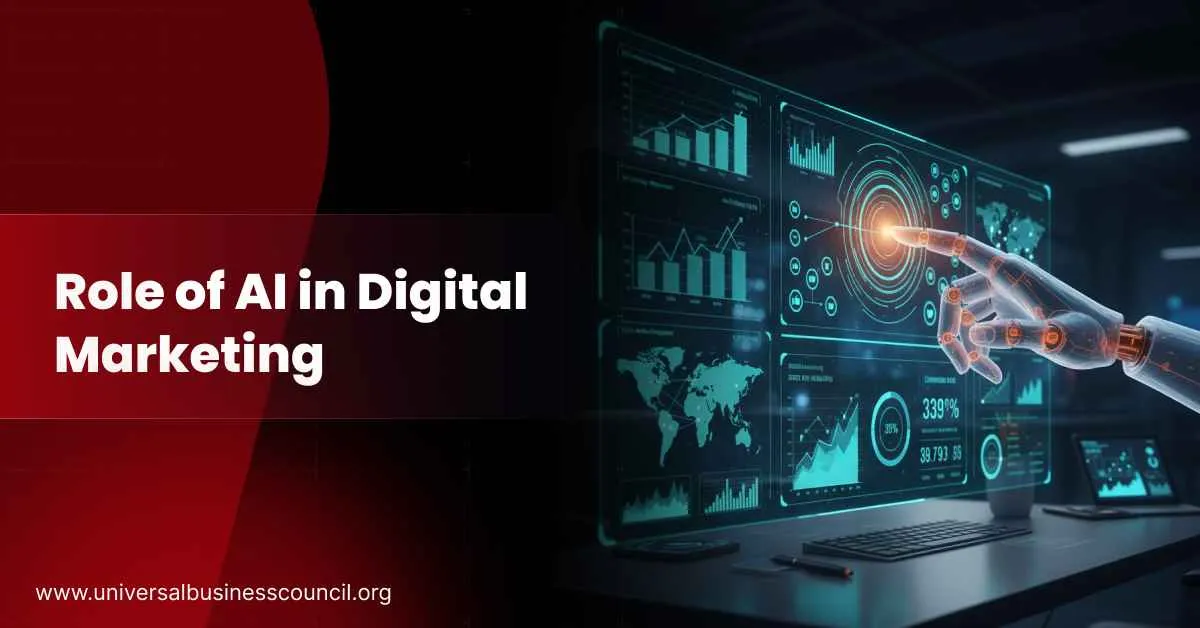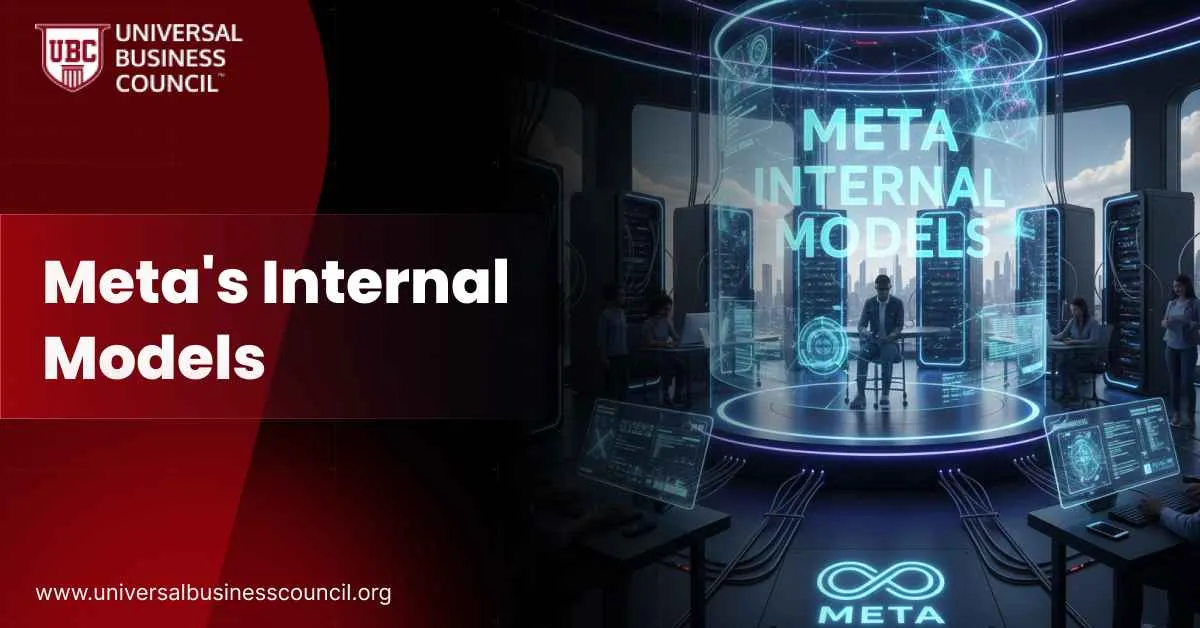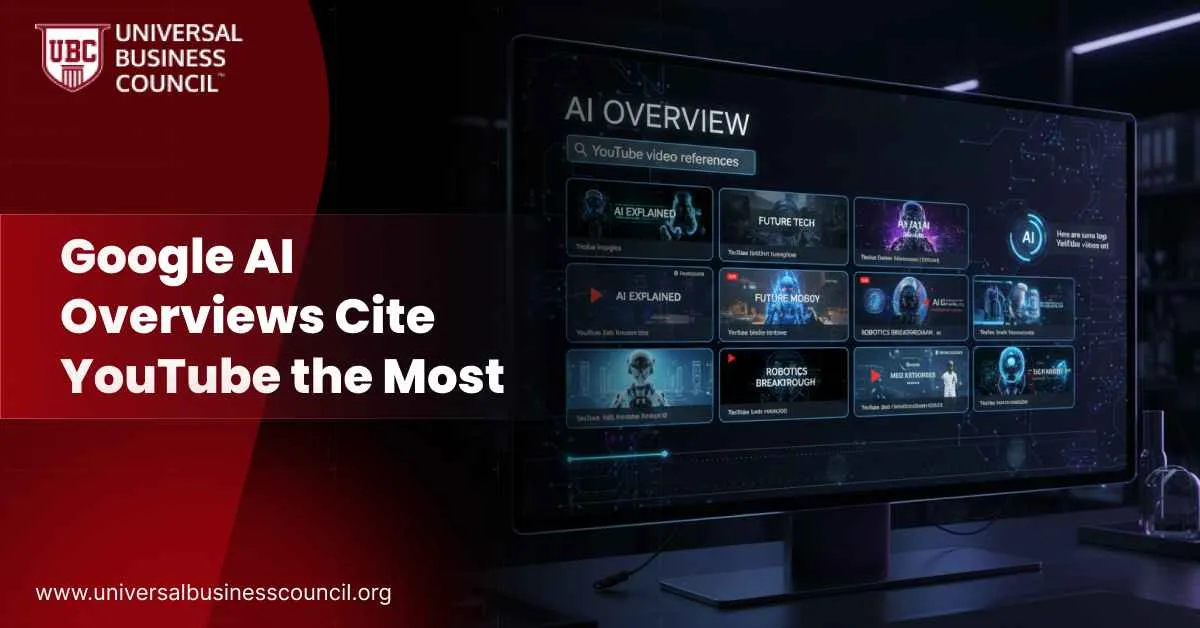 has redefined the way brands reach, engage, and retain customers. What began as a set of automation tools has evolved into a full-scale transformation of marketing strategy and execution. In 2025, AI is not just a marketing aid — it is the backbone of personalized communication, predictive insights, and creative innovation.
For marketers and professionals entering this space, learning how to integrate AI into campaigns is no longer optional. Enrolling in an AI Digital Marketing Course helps learners understand how AI systems like predictive models, automation tools, and content generators are reshaping marketing at every level.
has redefined the way brands reach, engage, and retain customers. What began as a set of automation tools has evolved into a full-scale transformation of marketing strategy and execution. In 2025, AI is not just a marketing aid — it is the backbone of personalized communication, predictive insights, and creative innovation.
For marketers and professionals entering this space, learning how to integrate AI into campaigns is no longer optional. Enrolling in an AI Digital Marketing Course helps learners understand how AI systems like predictive models, automation tools, and content generators are reshaping marketing at every level.
What Does AI Mean in the Context of Digital Marketing?
AI in digital marketing refers to the use of machine learning, natural language processing, and data-driven automation to improve how marketers understand and connect with their audiences. It’s about giving machines the ability to analyze vast data sets, detect patterns, and make informed decisions — often faster and more accurately than humans.
Unlike traditional marketing analytics that only reports what has happened, AI enables systems to predict what will happen next and even take action automatically. From personalized recommendations to dynamic pricing and ad optimization, AI ensures marketing is both efficient and intelligent.
Marketers interested in understanding the technical frameworks behind AI-powered tools can benefit from the Deep Tech Certification
offered by Blockchain Council, which provides foundational knowledge in AI, automation, and data systems that drive today’s digital marketing landscape.
Core Capabilities of AI in Marketing
AI provides capabilities that enhance every stage of the marketing journey — from research to engagement to retention. These are the most impactful applications shaping the field today.
1. Predictive Analytics
AI analyzes data to identify trends and forecast future behaviors. This allows marketers to anticipate customer needs and optimize campaigns proactively. Predictive analytics is widely used in lead scoring, churn prediction, and sales forecasting.
2. Hyper-Personalization
AI processes behavioral and demographic data to deliver personalized content and recommendations at scale. Instead of generic campaigns, marketers can now tailor every interaction based on user intent and history.
3. Automation
AI-driven tools automate repetitive tasks like sending emails, scheduling posts, and managing ads. This saves time while improving consistency and accuracy across campaigns.
4. Natural Language Processing (NLP)
AI understands and generates human language. It powers chatbots, virtual assistants, and AI copywriting tools that engage users in real-time and respond with contextually relevant answers.
5. Image and Voice Recognition
AI helps marketers analyze visual and auditory data. Brands use image recognition for trend analysis on social platforms, and voice recognition for voice search optimization.
Professionals looking to build expertise in these automation and data technologies can pursue the Tech Certification
from Global Tech Council, which covers tools and techniques for data-driven marketing execution.
How AI Is Applied Across Different Marketing Channels
AI has become central to all major digital marketing channels. Whether it’s paid advertising, email campaigns, or content creation, AI ensures decisions are guided by data and precision.
1. Search Engine Marketing (SEM)
AI optimizes bidding strategies and identifies the best-performing keywords for paid campaigns. Google Ads, for example, uses machine learning to automate targeting, placements, and ad variations.
2. Search Engine Optimization (SEO)
AI tools analyze user intent, optimize metadata, and identify ranking opportunities. Algorithms now evaluate not just keywords but also relevance, context, and engagement.
3. Content Marketing
AI assists in content creation, idea generation, and optimization. Tools like Jasper and ChatGPT help marketers produce high-quality articles faster. AI also recommends content topics based on user behavior and trends.
4. Social Media Marketing
AI helps identify trending topics, schedule posts optimally, and analyze audience sentiment. Platforms like Meta and TikTok use AI to personalize user feeds and predict engagement patterns.
5. Email Marketing
Machine learning enables smarter segmentation and send-time optimization. AI predicts when users are most likely to open emails, ensuring higher click-through rates.
6. Programmatic Advertising
AI automates ad buying in real-time, selecting the most effective ad placements for specific audiences. This enhances ROI and reduces ad waste.
7. Customer Support and Chatbots
AI-driven chatbots provide instant, personalized support around the clock. They handle FAQs, product recommendations, and lead nurturing, reducing workload while improving customer satisfaction.
8. Analytics and Performance Tracking
AI unifies insights from multiple channels to present a complete view of performance. Instead of manually collecting data, marketers receive real-time dashboards powered by AI analytics.
These applications show that AI isn’t confined to one domain — it’s integrated across every aspect of modern marketing.
Benefits of Using AI in Digital Marketing
The integration of AI has completely transformed how marketers plan, execute, and optimize campaigns. Here are the main benefits:
1. Better Decision-Making
AI’s ability to analyze massive datasets helps marketers make faster and more accurate decisions. Campaigns can be adjusted in real-time based on audience response.
2. Improved Personalization
AI ensures every customer interaction feels unique. From dynamic landing pages to personalized recommendations, brands can connect more deeply with their audiences.
3. Efficiency and Time Savings
Automating tasks like data collection, A/B testing, and ad optimization saves hours of manual work. This allows marketers to focus on strategy and creativity.
4. Enhanced ROI
AI optimizes budgets by targeting the right audience with the right message at the right time. Predictive analytics also prevents unnecessary spending.
5. Competitive Advantage
Brands using AI gain insights that are often invisible to competitors. Early adopters of AI marketing tools tend to outperform traditional marketers in conversion and retention.
6. Stronger Customer Insights
AI provides a 360-degree view of the customer journey, helping businesses understand motivation, preferences, and barriers to purchase.
For those aspiring to turn these insights into strategic growth, the Marketing and Business Certification
from Universal Business Council offers an in-depth curriculum on managing and leading AI-driven marketing initiatives.
Challenges and Ethical Issues in AI Marketing
Despite its benefits, AI in marketing introduces complex challenges that must be handled responsibly.
1. Data Privacy
AI relies on large volumes of user data. Mishandling or misuse can lead to privacy violations and reputational damage. Marketers must adhere to regulations like GDPR and CCPA.
2. Algorithmic Bias
AI models can unintentionally inherit biases from the data they’re trained on. This can affect targeting accuracy or exclude specific audience groups.
3. Transparency and Accountability
AI’s “black box” nature makes it difficult to understand how decisions are made. Brands must maintain transparency about how AI systems operate and use data.
4. Over-Reliance on Automation
Excessive automation can remove the human touch from marketing. Striking a balance between data-driven efficiency and creativity is crucial.
5. Skill Gap
Many marketers still lack AI literacy. Without proper understanding, they risk misusing tools or misinterpreting insights.
Addressing these ethical and practical challenges is vital for long-term trust and success in AI marketing.
Emerging AI Trends Shaping Marketing in 2025 and Beyond
The next wave of marketing innovation is powered by advanced AI capabilities. The following trends are shaping how brands connect with audiences in 2025 and the years ahead.
1. Agentic AI Systems
Agentic AI refers to intelligent systems capable of managing multi-step workflows autonomously — such as running, analyzing, and optimizing an entire campaign. This trend will redefine productivity in marketing departments.
2. Multimodal AI
AI models that process text, images, and video simultaneously are emerging. This helps marketers generate more contextual and dynamic content that adapts to different platforms.
3. Cookieless Targeting
With third-party cookies being phased out, AI-driven behavioral prediction and contextual targeting are filling the gap. Marketers can still deliver relevant ads without compromising privacy.
4. Voice and Visual Search
Voice assistants and AI-powered image recognition continue to grow. Optimizing for these search modes helps brands reach users beyond text-based platforms.
5. AI-Powered Content Personalization
Content engines now create and modify assets in real time based on user behavior. For example, an AI system might show different ad creatives to different users depending on browsing habits.
6. Emotion AI
Emotion recognition technology analyzes tone, expression, and sentiment to measure how audiences feel about brands. It’s becoming a powerful tool for campaign optimization.
7. Real-Time Customer Experience (CX)
AI enables marketers to adjust offers, chat responses, and visuals instantly based on real-time user data. This results in smoother, more satisfying digital interactions.
Together, these trends indicate a future where AI is not merely assisting marketers — it’s actively collaborating with them to deliver seamless, intelligent experiences.
Skills Marketers Need to Succeed with AI
To thrive in this new era, marketers must develop both creative and technical skills.
1. AI Literacy
Understanding how AI systems work — including data collection, algorithms, and model training — helps marketers use tools effectively.
2. Analytical Thinking
AI outputs are only valuable when interpreted correctly. Marketers must know how to analyze data and extract meaningful insights.
3. Prompt Engineering
As generative AI tools become standard, crafting effective prompts becomes a key creative skill for producing quality output.
4. Technical Proficiency
Familiarity with automation platforms, CRM tools, and analytics dashboards is crucial for executing AI-powered campaigns.
5. Strategic and Ethical Awareness
AI adoption requires awareness of both its capabilities and limitations. Marketers must uphold ethical standards in data use and transparency.
Structured learning paths such as the Tech Certification
from Global Tech Council or the AI Digital Marketing Course help professionals build these core competencies and stay ahead in the competitive AI marketing job market.
How does AI help in digital marketing?
AI helps marketers analyze data, personalize experiences, and automate repetitive tasks. It ensures campaigns are efficient, data-driven, and tailored to audience behavior.
Which AI tools are most popular among marketers?
Tools like ChatGPT, Jasper, HubSpot AI, and Salesforce Einstein are widely used for content generation, automation, and analytics.
Will AI replace digital marketers?
No. AI will automate tasks, but creative strategy, storytelling, and ethics still require human judgment. The future is about collaboration between humans and machines.
Is AI difficult to learn for marketers?
Not with the right training. Structured programs like the AI Digital Marketing Course simplify complex AI concepts for marketing professionals.
What is the biggest trend in AI marketing for 2025?
The rise of agentic AI — intelligent systems that can independently manage and optimize entire campaigns.
Conclusion
The role of AI in digital marketing continues to expand, shaping how brands communicate, personalize, and grow. From predictive analytics to real-time automation, AI is making marketing smarter, faster, and more impactful.
AI is not replacing marketers — it’s empowering them. Those who understand how to harness it today will lead the next era of marketing innovation tomorrow.
 has redefined the way brands reach, engage, and retain customers. What began as a set of automation tools has evolved into a full-scale transformation of marketing strategy and execution. In 2025, AI is not just a marketing aid — it is the backbone of personalized communication, predictive insights, and creative innovation.
For marketers and professionals entering this space, learning how to integrate AI into campaigns is no longer optional. Enrolling in an AI Digital Marketing Course helps learners understand how AI systems like predictive models, automation tools, and content generators are reshaping marketing at every level.
has redefined the way brands reach, engage, and retain customers. What began as a set of automation tools has evolved into a full-scale transformation of marketing strategy and execution. In 2025, AI is not just a marketing aid — it is the backbone of personalized communication, predictive insights, and creative innovation.
For marketers and professionals entering this space, learning how to integrate AI into campaigns is no longer optional. Enrolling in an AI Digital Marketing Course helps learners understand how AI systems like predictive models, automation tools, and content generators are reshaping marketing at every level.
 has redefined the way brands reach, engage, and retain customers. What began as a set of automation tools has evolved into a full-scale transformation of marketing strategy and execution. In 2025, AI is not just a marketing aid — it is the backbone of personalized communication, predictive insights, and creative innovation.
For marketers and professionals entering this space, learning how to integrate AI into campaigns is no longer optional. Enrolling in an AI Digital Marketing Course helps learners understand how AI systems like predictive models, automation tools, and content generators are reshaping marketing at every level.
has redefined the way brands reach, engage, and retain customers. What began as a set of automation tools has evolved into a full-scale transformation of marketing strategy and execution. In 2025, AI is not just a marketing aid — it is the backbone of personalized communication, predictive insights, and creative innovation.
For marketers and professionals entering this space, learning how to integrate AI into campaigns is no longer optional. Enrolling in an AI Digital Marketing Course helps learners understand how AI systems like predictive models, automation tools, and content generators are reshaping marketing at every level.




Leave a Reply